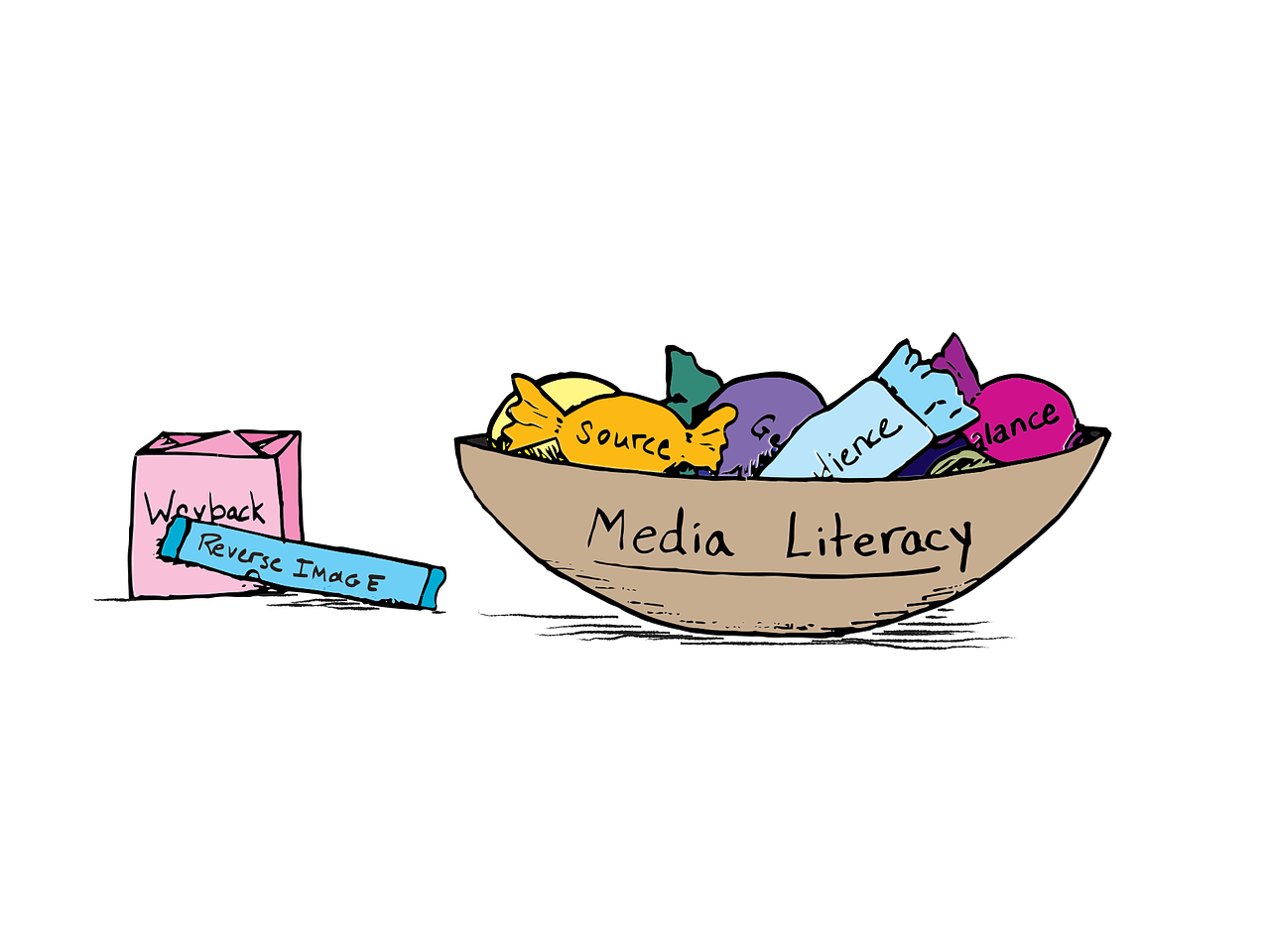|
IN BRIEF
|
Financial literacy is a powerful tool that can transform your financial journey and lead to lasting success at home. By understanding the fundamentals of personal finance, including budgeting, managing debt, and investing wisely, individuals can make informed decisions that enhance their financial well-being. Starting as early as childhood, financial education lays the groundwork for developing money management skills essential for adulthood. Engaging with online resources or taking courses can further aid in mastering these skills, paving the way for confident financial choices. With a solid grasp of financial literacy, anyone can unlock their potential and create a prosperous future.
In today’s rapidly changing economy, the significance of financial literacy cannot be overstated. Understanding how to effectively manage your finances can greatly influence your success at home. This article will explore the fundamentals of financial literacy, provide practical tips for enhancing your financial knowledge, and examine the profound impacts of teaching these skills to those around you—especially children. By unlocking the secrets of financial literacy, you can pave the way for a secure and prosperous future for yourself and your family.
The Importance of Financial Literacy
Financial literacy is a crucial skill that enables individuals to make informed and effective decisions regarding their financial resources. It encompasses a range of skills, including budgeting, saving, investing, and managing credit and debt. Without a solid understanding of these concepts, individuals may find themselves losing control over their finances, which can lead to stress, anxiety, and long-term financial instability. Thus, mastering financial literacy serves as the bedrock for achieving economic success.
Empowering Financial Knowledge
The journey toward becoming financially literate begins with the basics. Gaining a firm grasp of fundamental concepts can set you on the right path. You can start by learning how to create a budget, track your expenses, and understand how debt works. Numerous online resources and courses are available to aid in this process. Websites like Unbiased provide various financial advice that can kickstart your journey towards financial literacy.
Financial Literacy Begins at Home
Creating a financially literate environment should start early within the home. Surprisingly, values surrounding money can be introduced as soon as children can understand simple concepts around age two or three. Parents can use toys, play money, or real bills to illustrate how money works. Explaining to children that money can be exchanged for goods like groceries or toys fosters a foundational understanding of financial transactions.
Engaging Children in Financial Conversations
As children grow older, these initial lessons can be expanded upon. Engaging them in conversations about money can lead to enhanced understanding. For instance, discussing the importance of saving for a larger purchase rather than spending impulsively teaches valuable budgeting skills. Resources that support teaching financial literacy to kids can be found on platforms like Common Trust FCU, which offers strategies for talking to children about money.
Building Strong Financial Foundations
Mastering financial literacy does not only prepare individuals for achieving personal financial goals but provides confidence when navigating complex financial decisions. From exploring new investments to considering loans or credit options, understanding the landscape helps individuals mitigate risks associated with their financial choices.
Principles of Financial Literacy
To achieve financial literacy, it is essential to understand its core principles. These include the ability to create a budget, managing debt responsibly, planning for retirement, and investing wisely. Adopting these principles will not only enhance your understanding of finances but also empower you to make better financial decisions. Resources like Investopedia offer comprehensive guides to these principles, making it easier for individuals to learn how to apply them effectively.
Creating the Right Mindset
Financial literacy is more than just understanding numbers; it involves adopting a mindset geared towards growth and strategic thinking. Individuals should embrace the idea that financial decisions are interconnected. Choices made today will have ramifications in the future, especially when it comes to investments and debt management.
Pursuing Continuous Learning
The quest for financial literacy is ongoing. Individuals are encouraged to seek continual improvement in their understanding of finances by utilizing online resources, attending workshops, or even enrolling in formal courses. Sites like LinkedIn provide valuable insights through articles and professional connections in the finance sector.
Incorporating Financial Literacy into Daily Life
Once the foundations of financial literacy are laid, it is essential to incorporate these teachings into daily life effectively. This involves regular budgeting practices, tracking spending habits, and making a concerted effort to save. The more these practices become integrated into routine, the more likely they will lead to lasting financial health.
Using Technology to Your Advantage
In an increasingly digital age, technology can be a powerful ally in promoting financial literacy. Apps designed to help users budget, track investments, and manage expenses can enhance your understanding and make financial planning more interactive. By utilizing the tools that technology provides, individuals can make informed decisions and monitor their progress actively.
Teaching Financial Literacy to the Next Generation
Financial literacy should not end with personal learning. Passing on this knowledge to the next generation is essential for fostering a financially responsible society. This can include discussions on saving, budgeting, credit usage, and even the intricacies of investments.
Creating Hands-On Learning Opportunities
Practical experience can be invaluable when teaching others about financial literacy. Creating scenarios for children—like a family budget or a mock market where they can “buy” and “sell” items using play money—can solidify their understanding. Examples of engaging activities can be found through various educational sites, enriching children’s knowledge through experiential learning.
The Role of Community in Financial Literacy
Financial education does not have to be a solitary endeavor; engaging with your community can amplify the learning experience. Local workshops, community college courses, and financial seminars can provide opportunities for individuals to learn collectively. These settings create a supportive atmosphere, and discussions can lead to deeper insights and shared experiences when it comes to managing finances.
Networking for Learning
Connecting with others who share an interest in improving their financial literacy can lead to fruitful discussions and resource sharing. Online platforms and social media can also serve as excellent channels to network with finance experts or groups focused on financial education.
Conclusion: The Path Forward
Developing financial literacy is a crucial step towards securing economic stability both for oneself and future generations. By prioritizing education in this area, individuals can unlock the door to financial success, helping to create a proactive mindset towards every financial decision. Providing children with these tools not only empowers them but also establishes a legacy of financial responsibility. Take the initiative today to master your finances and lead by example for those around you!

Testimonials on Financial Literacy: Unlocking Your Path to Success at Home
“Learning about financial literacy changed my life! By grasping the basics of budgeting and managing my expenses, I’ve been able to pay off debt and save for the future. It’s empowering to know that I have control over my finances and can plan for my family’s needs.”
“I never thought money management could be fun until I started teaching my children about money at home. Using simple concepts like coins and bills, we turned lessons into playful interactions. Now, they understand the value of saving and making informed choices. It’s rewarding to see their growing awareness and confidence!”
“Taking online courses on financial literacy introduced me to investment strategies I had never considered. I learned to take calculated risks that have already given me returns. This knowledge has not only enriched my personal finances but also instilled a sense of confidence in my decision-making.”
“Mastering financial literacy was a game changer for me. I started tracking my spending and created a budget that works for my lifestyle. As a result, I now have clear visibility on my financial health and am making strides toward retirement savings that I once thought were unattainable.”
“The principles of financial literacy were shared with me by my parents at home. Their teachings on responsible spending and saving have instilled a strong foundation that I continue to build on today. This early exposure was crucial in shaping my understanding of personal finance and the importance of being financially savvy.”
“Embracing financial literacy has not only helped me in budgeting but has also opened doors for long-term investments. I now feel equipped to explore various opportunities and make choices that greatly benefit my financial future. It’s liberating to think beyond just saving; it’s about growing wealth.”








0 Comments